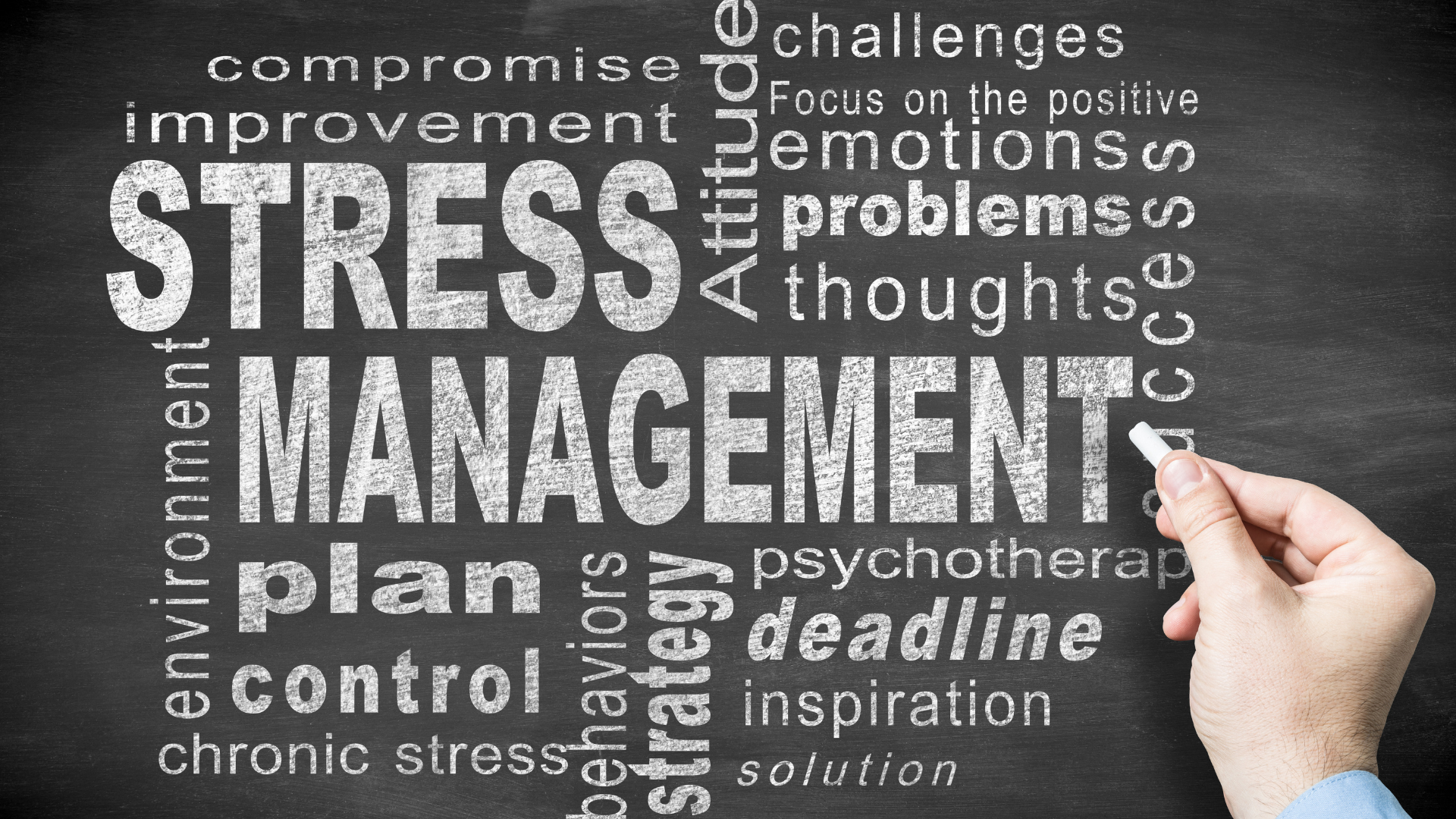How to Flatten Your Stress Curve
Feeling tense, restless, rushed, or overwhelmed due to the demands of our lifestyle is a common problem. Stress is a normal psychological and physical reaction to life demands. However, today we are experiencing an unprecedented bombardment of stressors, including concerns about our health, finances, social unrest, political influences, and education. Each of these stressors combines to compound the situation to bring about a high level of insecurity and instability, which causes us to lose our inner balance. Without this internal balance, we may be subject to psychological stress responses.
Discover the Levelhead for Real Life app and boost positivity in just 3-5 minutes a day. READ MORE
To help you explore how stress impacts your life, take a moment to reflect on the following five statements. As you read each statement, consider how often each statement is true for you. For example, is it rarely, often, or very often true? Don’t feel like you need to be exact in your response. Just select a response that seems like a reasonable assessment. As you respond, keep in mind two things. First, no matter where you assess yourself now, there is an opportunity to improve with practice. And second, there is no right way to respond.
I am concerned about keeping myself and my family safe and healthy.
I feel like I can effectively cope with the challenges in my life.
I have trouble concentrating because I am concerned about the future.
I feel like I can control how I spend my time.
I feel nervous and stressed.
~ ~ ~
Mindfulness Can Help
Because mindfulness draws people's attention to the present moment, it allows us to control how we perceive situations, events, and people. This control allows us to consider other ways to view the situation and reduce automatic responses, giving us time to decide how we react. Decades of research have indicated that the ability to focus on the present results in a wide range of benefits, such as reduced anxiety, depression, lower perceived stress, and improved mood and overall well-being (Weinstein et al., 2009).
Stress has received the most interest from the list of well-researched benefits of practicing mindfulness. That's because stress has been linked to many physical conditions. Mindfulness has also been related to activity in the amygdala. This brain region initiates stress response and emotional processing (Shook et al., 2017). Slowing the judging and reacting function of the brain allows us to reduce psychological distress (Shook et al., 2017).
In times of high stress, people often think ahead and worry about the future or replicate something terrible that happened in the past. Mindfulness helps reduce stress by engaging the brain's prefrontal cortex, the region in charge of executive functioning. When the prefrontal cortex is engaged, we can calm and slow emotional reactions in the limbic system, giving us time to consider our response.
The multiple daily challenges of life can push us beyond our ability to cope. You may feel helpless, sad, angry, irritable, hopeless, anxious, or afraid despite your best efforts. You may even have trouble concentrating, being motivated to do essential tasks, experiencing changes in appetite, having body aches or pains, and having difficulty sleeping. Even when we emerge from periods of high stress, the symptom may lessen, but it won't disappear. That’s why we need to prepare ourselves for whatever is next by developing self-care practices to manage the everyday demands of our already stressful lives. Levelhead for Real Life can help – with simple 3-5 min exercises you can do daily.
Of course, when symptoms last several days and interfere with your daily life, and you feel your mental health worsening, it is time to ask for help. That help can come in many ways depending on the severity of your symptoms and your situation. For example, you can get support from your minister or spiritual leader in your faith community, your employee assistance program, professional mental health experts, or your primary care physician.
References
Shook, N. J., Ford, C., Strough, J., Delaney, R., & Barker, D. (2017). In the moment and feeling good: Age differences in mindfulness and positive affect. Translational Issues in Psychological Science, 3(4), 338.
Weinstein, N., Brown, K. W., & Ryan, R. M. (2009). A multi-method examination of the effects of mindfulness on stress attribution, coping, and emotional well-being. Journal of Research in Personality, 43(3), 374-385.


